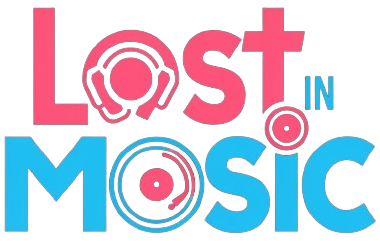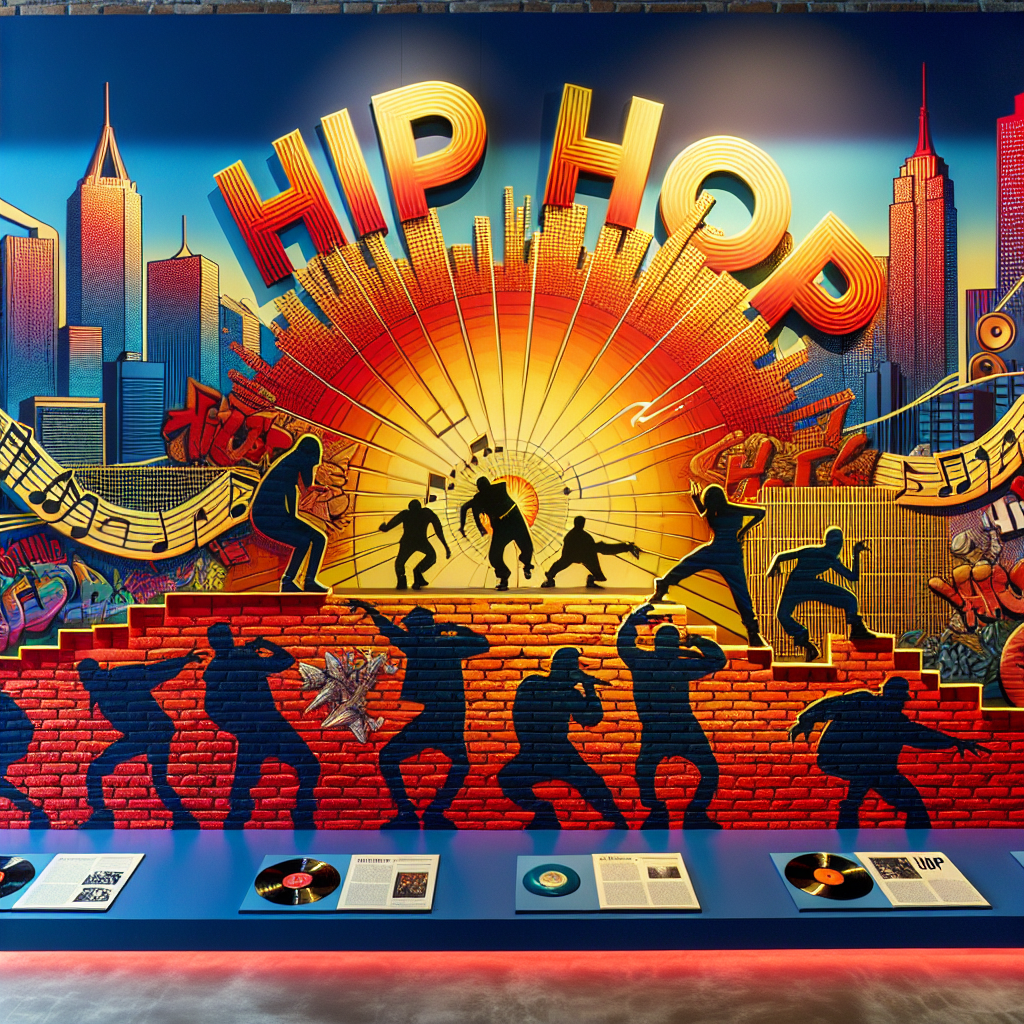Origin and History of The Hip Hop Genre
The Hip Hop genre, a cultural innovation that has sparked a revolution in the music industry, has its roots embedded in the African and African-American communities. By merging lyrical storytelling, powerful beats, and elements of various musical styles, Hip Hop generates a vibe that resonates with the youth and the old, encompassing not just music, but also dance, graffiti, and fashion. Tracing its origins in the ’70s, Hip Hop has witnessed tremendous evolutions that have shaped it into one of the most influential music genres worldwide.
Origins of The Hip Hop Genre
The Hip Hop genre originated in the 1970s in the Bronx, New York City, U.S.A., when DJs started to manipulate and sample portions of pre-existing records to create their remixes and beats. They gave these beats poetic expressions, chronicling the experiences and emotions of the marginalized African-American and Latinx communities in an innovative way.
DJ Kool Herc, an influential figure in the early Hip Hop scene, is often credited with the genre’s birth, which occurred during a simple back-to-school party in 1973. It was his style of rotating two of the same records on different turntables and playing the break – a song’s instrumental, danceable part – in a continuous loop, known as the “break-beat,” which ignited this novel musical phenomenon.
Development and Evolution of Hip Hop
The ’80s witnessed Hip Hop cementing its foothold in mainstream culture, with significant contributions from icons such as The Sugarhill Gang, Run-D.M.C, and Public Enemy. The emergence of music videos and cable TV further amplified Hip Hop’s outreach and popularity. Rap, which transitioned from entertaining party-raps to narratives of urban struggle and political issues, became an integral part of Hip Hop.
In the ’90s, Hip Hop diversified into various sub-genres. The West Coast’s gangsta rap, embodied by artists such as Dr. Dre and Tupac Shakur, and the East Coast’s conscious rap, represented by Nas and The Notorious B.I.G, became two of the leading forces of Hip Hop. This era was also marked by the so-called East Coast-West Coast rivalry, which played a substantial role in shaping the genre’s history.
The turn of the millennium heralded the rise of new sub-genres, such as dirty south, crunk, and trap. The advent of the Internet, social media platforms, and streaming services allowed Hip Hop to reach a global audience, influencing generations across the globe and creating international sensations like Drake, Kendrick Lamar, and Cardi B.
Hip Hop’s Influence on Society and Culture
Hip Hop has played a pivotal role in advocating social and political causes, contributing to the civil rights movement, and voicing the experiences of marginalized communities. Beyond music, it has influenced fashion, dance, visual arts, and the movie industry. With its popularity, Hip Hop has also made visible the socio-economic disparity and racial inequities, thereby spurring dialogue and action for change.
Conclusion
Hip Hop, though rooted in the African-American experience, has evolved into a global genre that transcends race, class, and geography. It has gone from the streets of the Bronx to becoming the sound inspiring millions worldwide. Regardless of its evolution and diversification, the essence of Hip Hop – giving voice to the unheard and creatively expressing complex issues – remains consistent.
Frequently Asked Questions
- Who is considered the father of Hip Hop?
DJ Kool Herc is often recognized as the founder of Hip Hop.
- What led to the development of Hip Hop?
The evolution of Hip Hop was driven by the desire to find creative ways to express the struggles and experiences of marginalized communities.
- What influence has Hip Hop had on culture and society?
Aside from being a significant musical genre, Hip Hop has left its impact on fashion, dance, visual arts, and the film industry. It has also been instrumental in drawing attention to social injustices and racial disparities.
- How has Hip Hop evolved over the years?
Hip Hop has diversified into various appealing sub-genres over time. The advent and proliferation of the internet have further amplified its influence, making it a global sensation.
- What are some of the notable sub-genres of Hip Hop?
Few notable sub-genres of Hip Hop include gangsta rap, conscious rap, crunk, dirty south, and trap.




